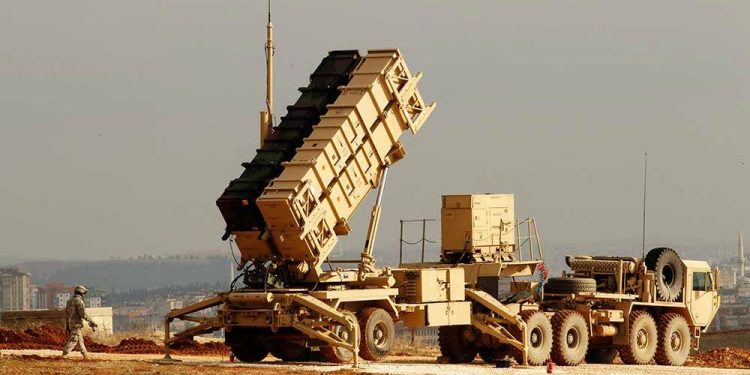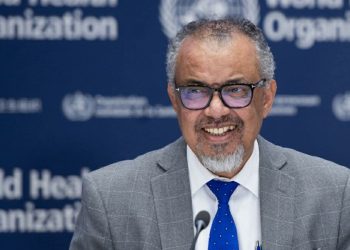The World Health Organisation has expressed deep concerns over Israel’s increased military activities in Rafah, where most of the Gaza’s people have fled for safety since the beginning of this conflict.
WHO Director-General, Dr Tedro Ghebreyesus who disclosed this while giving his opening remarks at the Press Briefing on Wednesday, revealed that an estimated 30-40,000 people have left Rafah for Khan Younis and Deir al-Balah, but more than 1.4 million people remain at risk in Rafah, including 600 thousand children.
The Israeli military said it has taken “operational control” of the Palestinian side of the Rafah crossing, the only point of exit and entry between Gaza and Egypt.
The military said that its 401st Armoured Brigade captured the crossing in southern Gaza on Tuesday morning, following an overnight military operation.
The 84th Givati Brigade disconnected Salah al-Din road in eastern Rafah from the crossing with Egypt during the operation. The Israeli military said it killed 20 Hamas fighters and found three tunnel shafts.
Gaza’s General Authority for Crossings and Borders said that passenger entry, as well as aid deliveries into the Rafah crossing have been halted following Israel’s invasion of the area, according to report.
Ghebreyesus who in his remarks confirmed that the Rafah crossing from Egypt into Gaza remains closed, which is a major access points for supplies into Gaza.
He added that already, one of Rafah’s three hospitals, the An-Najjar hospital has had to shut down, patients have moved elsewhere, and hospital staff are removing supplies and some equipment to safeguard them.
The DG said, “Fuel that we expected to be allowed, has not been allowed in, meaning we only have enough fuel to run health services in the south for three more days.
He added, “WHO has pre-positioned some supplies in warehouses and hospitals, but without more aid flowing into Gaza, we cannot sustain our lifesaving support to hospitals. WHO has no intention to withdraw from Rafah and will stay and deliver alongside our partners.
“WHO is coordinating the work of 20 Emergency Medical Teams in Gaza, comprising 179 internationals from 30 countries, working alongside 800 local staff. These teams are embedded in 10 existing hospitals, and have established five field hospitals”.
Ghebreyesus made it known that this team have provided 400 thousand consultations, performed more than 18 thousand surgeries, and added 500 additional hospital beds, adding that the staff are working at all levels of care, in the north and south, providing trauma stabilisation, delivering babies, supporting early warning for disease outbreaks, and so much more.
“With support from WHO and hospital staff, Emergency Medical Teams have cleaned up Nasser Medical Complex in Khan Younis following an attack and siege earlier this year. They have recruited health workers and the hospital is ready to start receiving dialysis patients today.
The DG noted that ceasefire is needed urgently for the sake of humanity, adding that WHO calls for the removal of obstacles to the delivery of urgent humanitarian aid into and across Gaza, at the scale that is required.
Israel invasion: 1.4m remain at risk as 40,000 people left Rafah
Please login to join discussion












